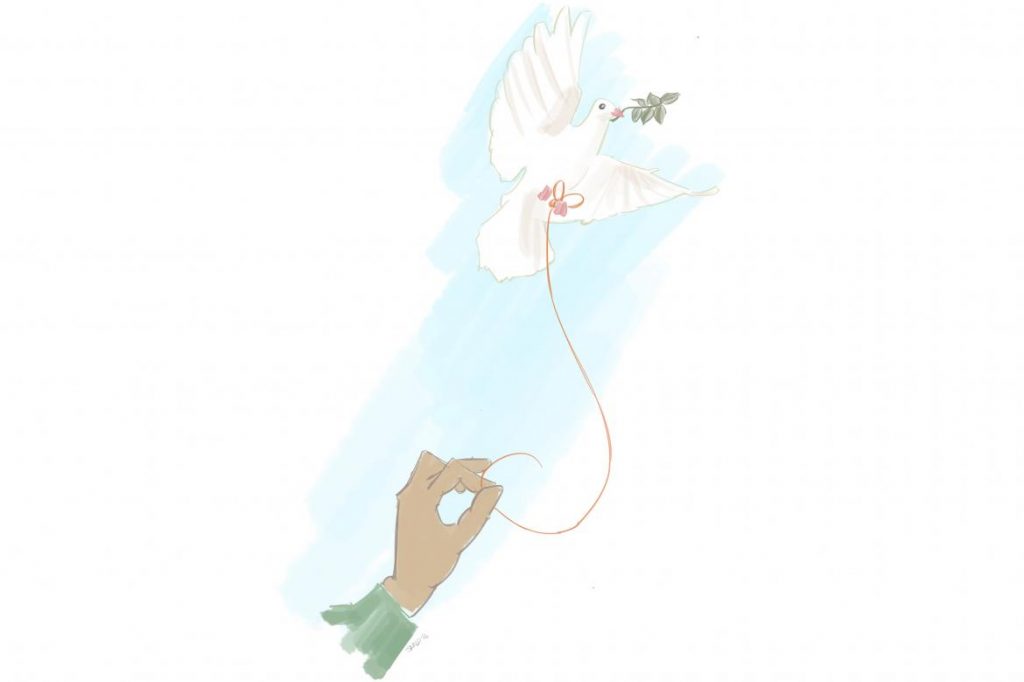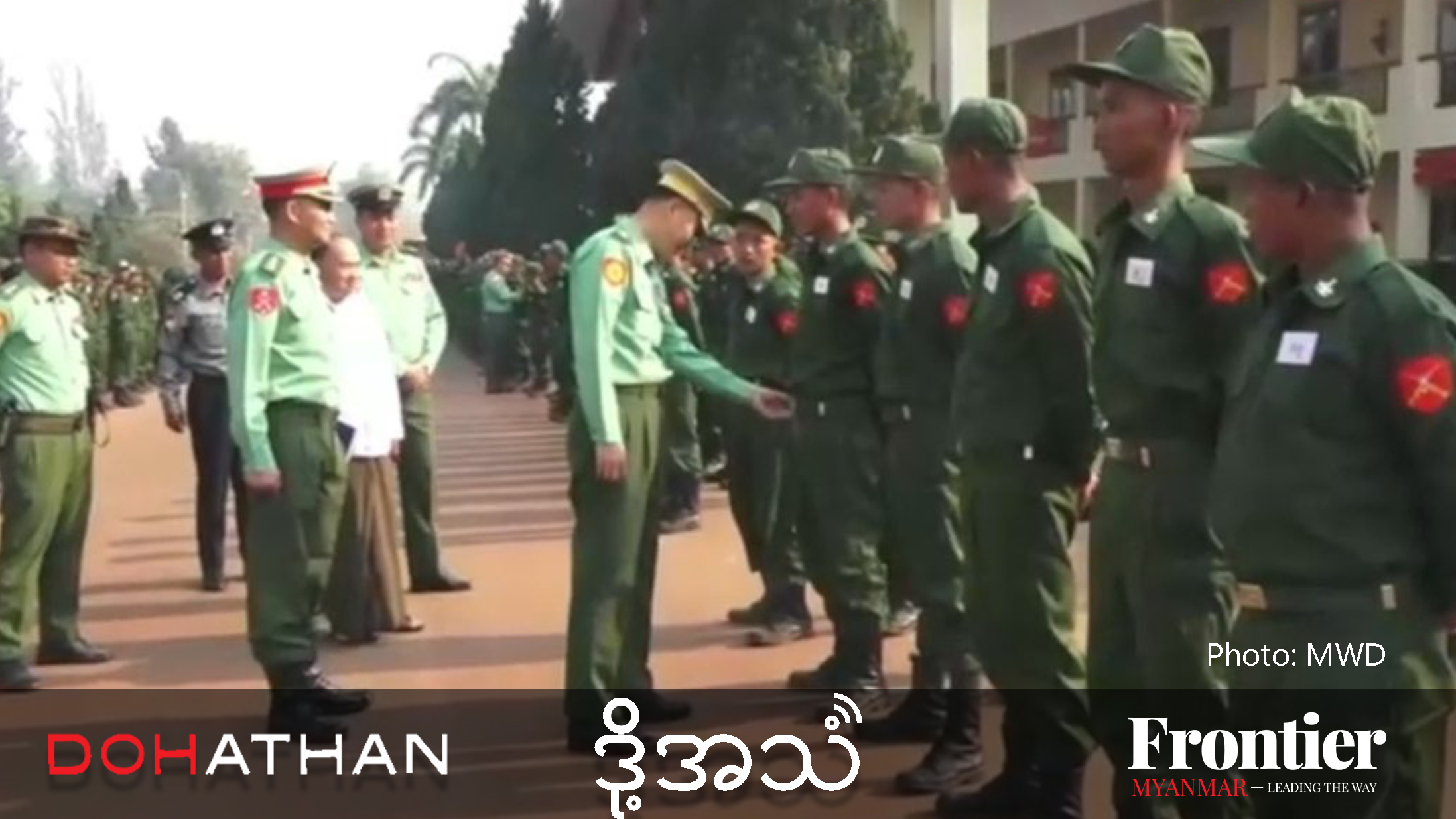It is essential that the actions of a few do not result in all members of the state’s Muslim community being viewed as the enemy.
RAKHINE STATE has entered a dangerous new phase.
Prior to October 9, there was some reason to be hopeful that the National League for Democracy-backed government could use its significant public support to heal some of the deep divisions in the conflict-hit state. Citizenship verification was progressing, and a high-profile commission had been formed to examine the challenges and make recommendations. Some breathing space had been bought.
The attacks launched on October 9 have dramatically changed the equation, by introducing violent religious extremism that is, according to the government, linked to foreign terrorist organisations.
Recent developments will only harden public opinion against the state’s Muslim community, many of whose members identify as Rohingya. The risk is that it is used to justify further persecution and abuses, rather than solutions and pathways forward.
There has been much confusion and uncertainty over events in Maungdaw Township. A range of actors have muddied the water, some deliberately and others inadvertently. All reports from northern Rakhine should be treated with a degree of caution and scepticism.
Support more independent journalism like this. Sign up to be a Frontier member.
The outpouring of vitriol – on social media in particular – is to some extent understandable. For the people of Myanmar, the targeting of police and military in northern Rakhine State is tantamount to a foreign invasion and a threat to national sovereignty.
The use of violence to achieve political goals cannot be condoned. The end does not justify the means.
At the same time, these attacks have not occurred in a vacuum; it seems there are both internal and external forces at work. Decades of denying these Muslim communities basic rights and dignity – ranging from access to citizenship and the ability to travel to education and economic opportunities – have created an environment where violence may seem to some the best, or even the only, option.
When combined with the encouragement and support of foreign individuals and organisations, this hopelessness has created a deadly mix – one that has resulted in at least 40 deaths.
This makes it all the more important that the government does not waver in its efforts to deliver development and human rights to all in Rakhine State. When there are other options, violence becomes much less attractive.
It is reasonable to assume that the majority of the state’s Muslim community does not support violent extremism. The militants mustered at most 1,000 people, drawn mostly from Maungdaw Township. We don’t know the township’s exact population, because those who self-identified as Rohingya were excluded from the 2014 census. Officials have previously said it is 400,000 (it is likely higher, as it had about 256,000 eligible voters in the 2010 election). Regardless, those involved in these attacks represent only a very small minority.
It is essential that the actions of a few do not result in all members of the state’s Muslim community being viewed as the enemy.
Myanmar stands on the brink of a devastating escalation of the communal conflict in Rakhine State. It will need all the moderate voices it can muster – Burmese, Rakhine, Muslim and others – to get back on track and deliver progress that benefits all. This will ensure that communities in the state are able to resist those advocating violence, rather than be drawn toward them.
These attacks are a wake-up call. A continuation of the status quo in Rakhine State is dangerous for everyone.
This editorial originally appeared in the October 20 edition of Frontier.







